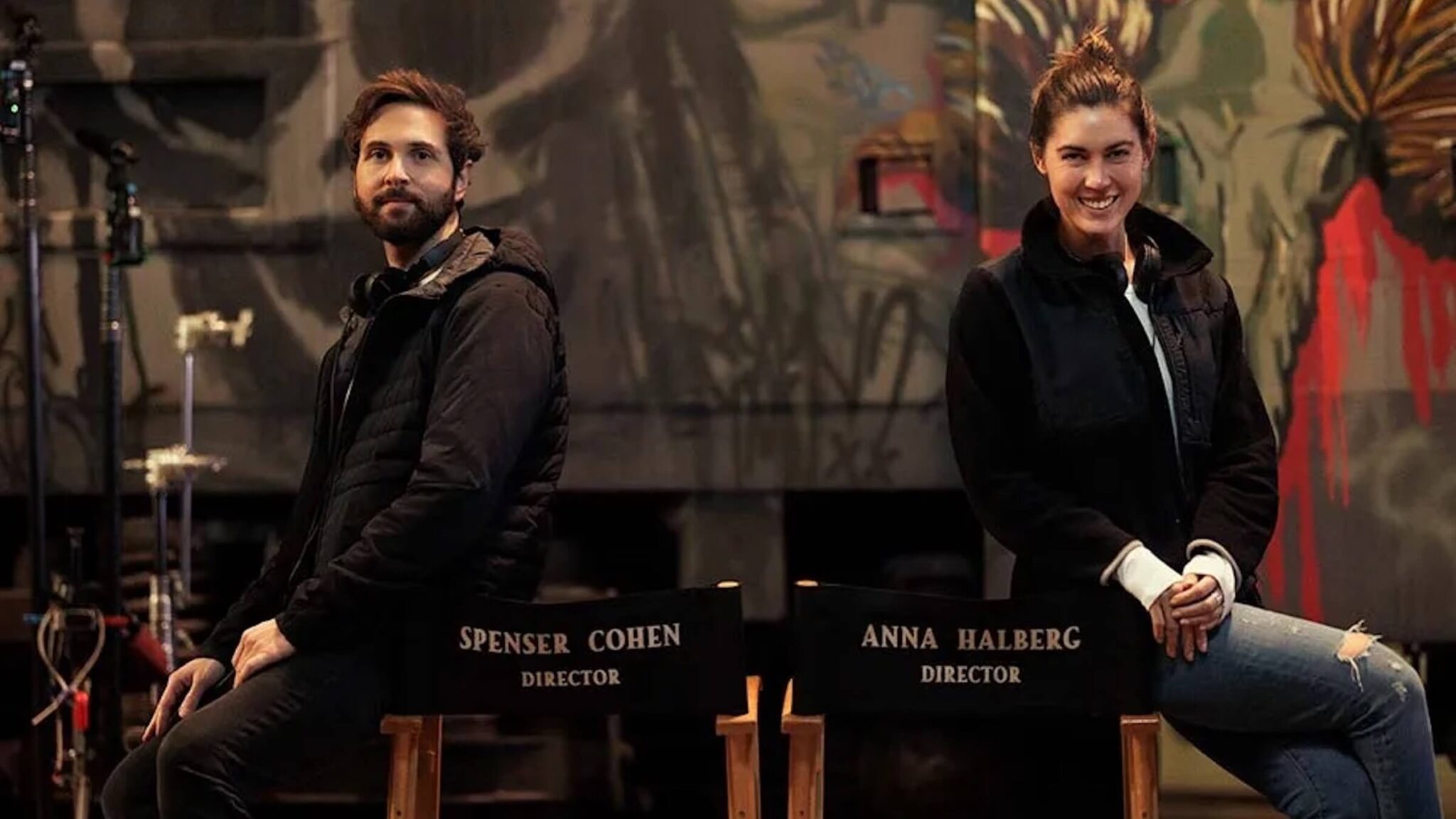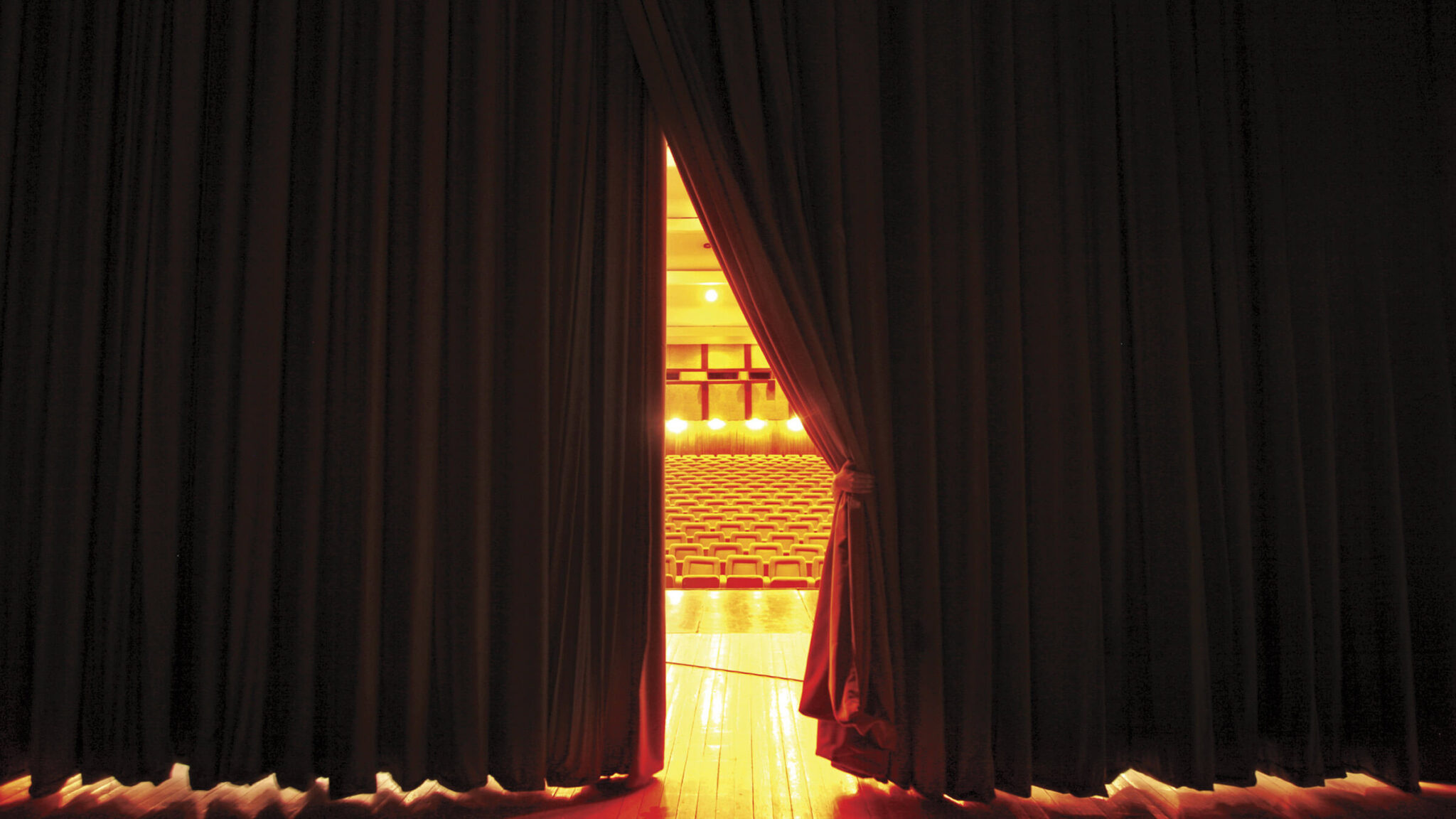How to Get the Most Out of a Screenwriting Fellowship

Screenwriting fellowships like the esteemed Academy of Motion Picture Arts and Sciences Nicholl Fellowship, Sundance Screenwriters Lab Feature Film Program, Universal Writers Lab, and ScreenCraft's own ScreenCraft Fellowship are excellent avenues for undiscovered and unestablished screenwriters to gain entry into the hallowed "walls" of Hollywood.
Fellowships provide winners with access to major studios, production companies, producers, development executives, agents, and managers that can lead to coveted writing assignments, series writers' rooms, and spec script sales.
While a fellowship win is exciting and commendable, screenwriters need to understand that the win isn't an instant ticket to screenwriting success but, rather, an invitation to accrue industry connections, relationships, and experience.
With that in mind, here we feature the key ways to get the most out of a screenwriting fellowship.
Table of Contents
Balance Your Expectations
The worst thing you can do is go into a screenwriting fellowship thinking that you're going to sell the script or pilot that got you the win. You need to understand that most fellowships (and screenwriting contest wins) are about discovering new talent. 99% of the screenwriting deals in Hollywood are writing assignments.
Read ScreenCraft's Why Screenwriters Should Focus on Getting an Assignment Over Selling a Script!
While fellowships can certainly lead to script sales, most industry insiders connected to the fellowship are going to use your win to explore who you are as a writer, and if you are someone they will want to collaborate with on future projects.
So, adjust your expectations. Hope for the best (paid assignment or script sale) but be ready to use the fellowship to your advantage beyond those "cherry on the top" scenarios.
Present Yourself as a Great Collaborator
Screenwriting fellowships will present you with amazing opportunities to meet with talented, successful, and well-connected industry insiders. During those meetings, you'll need to make excellent first impressions.
Read ScreenCraft's How Screenwriters Can Master the Hollywood Zoom Meeting!
Again, these contacts are looking for talented screenwriters to collaborate with on future projects. There's nothing worse than an egotistical screenwriter.
- Focus on confidence over ego.
- Show them that you have the talent and skills to get the job done without needing them to hold your hand through the process.
- Understand the difference between feedback and notes.
- Have a great, positive, and appreciative attitude.

If they ever do buy your script and ask you to do necessary rewrites, or if they hire you for a paid assignment, they're going to want and need to collaborate with someone that can process the notes, apply them to the pages, and do so with no drama, pushback, or ego.
Showcase Versatility
While there's a benefit to being strong at a particular skill set in screenwriting, Hollywood needs screenwriters that are versatile. They need writers that can bounce back and forth between genres and formats.
As you go on your fellowship meetings, participate in calls, and correspond through email, be ready, willing, and able to talk shop about different genres, different story and character types, and different platforms (Film and TV/Streaming).
Keep a Master List of Every Industry Insider You Meet
The true prize of winning a screenwriting fellowship is the list of industry contacts you make. This is the beginning of the networking stage of your screenwriting career. Networking is a vital element of your journey. Hollywood lives and dies by networking.
- It's what gets a project in motion.
- It's what gets a project packaged with talent, producer, and director.
- It's what gets a project financed.
And it all starts with you, the screenwriter. For every insider you meet:
- Research their company and background.
- Have a spreadsheet where you log their contact information.
- Save any email correspondence you have had with them.

The industry contacts you make now can be utilized years from now because of the time you shared with them during your fellowship experience. In fact, the hard truth is that nothing may come from your fellowship initially. Hollywood is infamous for working at a slow pace. Projects can take years to come to fruition. But the contacts you make can be utilized for years. It's all about being at the right place, at the right time, with the right people in the film and television industry. A script you haven't even written yet (and may not write for years) could be exactly what they need at a certain time.
Again, the true prize of winning a screenwriting fellowship isn't prize money or potential script sales or paid assignments. It's the list of industry contacts you'll make.
Learn From the Industry Contacts You Make
Listen. That's the key takeaway here. Listen to what they have to say about your script, your writing, and what place you and your work could have in the industry.
- You're going to hear things you may already know.
- You're going to hear strengths you didn't know you had.
- You're going to hear weaknesses you didn't realize you suffered from.
- You're going to hear things you may not want to hear — but need to.
But the most important thing is that you are going to learn more about yourself, your scripts, your writing, and the Film/TV industry than you ever could have without the benefits of winning a screenwriting fellowship that is well-connected to the industry you're trying to break into.
Don't Put All of Your Eggs in One Basket
Hope for the best but prepare for the worst.
It's only natural to want to:
- Sell the script that got you in.
- Sign with a manager or agent you met.
- Be hired to a writers' room of a show executive you were introduced to.

Those "cherry on the top" successes are great to hope and shoot for, yes. But the reality is things don't always work out that way. Sometimes those industry insiders are there to mentor you for the fellowship time period. After that, unless you or your work are something they need right away, they may move on.
If you truly want to get the most out of your screenwriting fellowship, you won't fall into the trap of putting all of your eggs into that one basket. It'll break your heart. Instead, use your screenwriting fellowship to:
- Listen and Learn from Industry Pros
- Present Yourself as a Great Collaborator
- Compile a Great List of Industry Contacts
Anything that comes out of your screenwriting fellowship beyond that is icing on the cake with a cherry on top.
Lastly, Don't Overwhelm and Annoy the Industry Contacts You've Made
Hollywood isn't just about who you know. It's about relationships. If you're overstepping your boundaries and annoying the contacts that you've made, you're not seizing the moment — you're burning bridges instead of building them.
- Don't bombard the contacts you've been lucky enough to make with multiple pitches and scripts.
- Choose your email correspondence with them wisely.
- If they're not getting back to you, take it as a hint that what you're trying to push isn't for them.
- Be sure that anything you present to them is finished and the best possible draft it can be.
Read ScreenCraft's 11 Ways Screenwriters Can Avoid Annoying Their Hollywood Contacts!
Ken Miyamoto has worked in the film industry for nearly two decades, most notably as a studio liaison for Sony Studios and then as a script reader and story analyst for Sony Pictures.
He has many studio meetings under his belt as a produced screenwriter, meeting with the likes of Sony, Dreamworks, Universal, Disney, Warner Brothers, as well as many production and management companies. He has had a previous development deal with Lionsgate, as well as multiple writing assignments, including the produced miniseries Blackout, starring Anne Heche, Sean Patrick Flanery, Billy Zane, James Brolin, Haylie Duff, Brian Bloom, Eric La Salle, and Bruce Boxleitner, the feature thriller Hunter’s Creed, and many Lifetime thrillers. Follow Ken on Twitter @KenMovies
Get Our Screenwriting Newsletter!
Get weekly writing inspiration delivered to your inbox - including industry news, popular articles, and more!



























